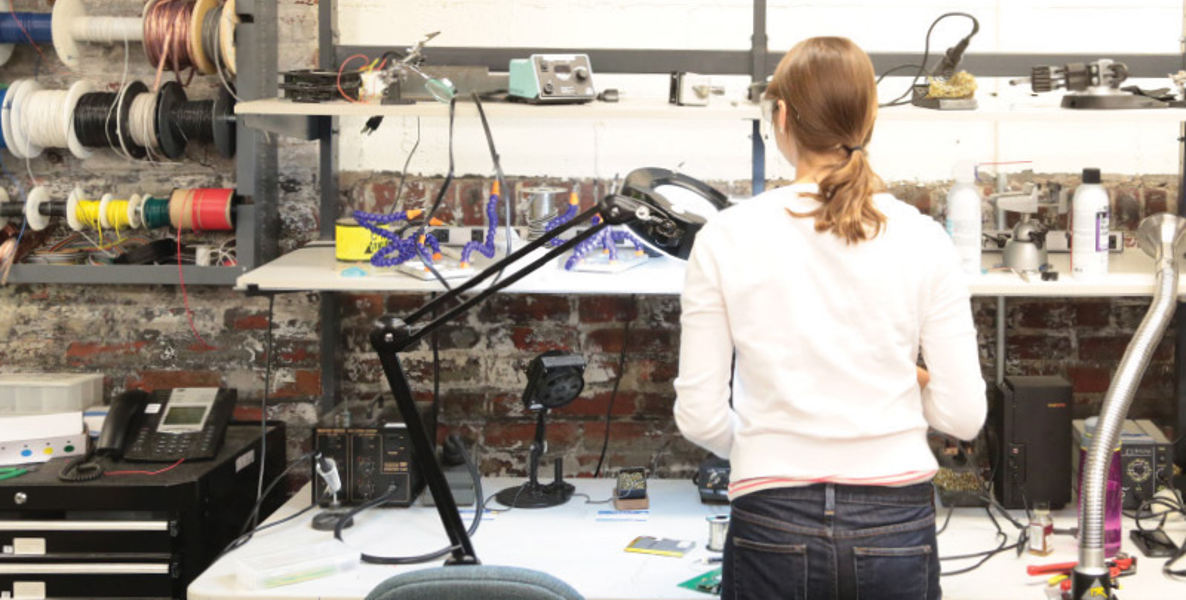You’ve seen the commercials, voiced by Robert DeNiro, proclaiming that New York State is “open for business.” A year ago, Governor Andrew Cuomo unveiled START-UP NY, a 10-year tax abatement offered to new businesses that relocate to, and partner with, one of the state’s 64 universities. The exemption, which mostly targets high-tech companies, applies to property, sales and state income taxes—and even extends to employees, who will pay no state or local personal income taxes for five years. The program is in its infancy, but its first class of 12 businesses have already created 400 jobs and invested over $50 million in Buffalo, Rochester, Ithaca and New York City.
Would a “START-UP PHILLY” work Here? Philly isn’t a state, but it can take a page from New York and offer bold inducements of its own through the local tax code. Currently, the Department of Commerce’s Jump Start Philly program offers new businesses a two-year exemption from paying the Business Income and Receipts Tax, formerly known as the Business Privilege Tax. (Gross receipts are taxed at a rate of 0.1415 percent and net income at 6.43 percent). And the city has introduced StartUp PHL, a $6 million seed stage fund doled out in small increments to help fuel innovation.
But this is not truly groundbreaking. A two-year tax abatement on one tax, and $6 million in seed funding (New York’s version invests $45 million) is not enough to lure startups here from traditionally lower-cost and less-regulated environments—or even to keep local entrepreneurs from jumping across City Line Avenue.
We don’t have to look too far to find what might have an impact in Philadelphia. The 10-year tax abatement on new construction spurred Center City development. A 10-year abatement on a host of city taxes, including BIRT, could similarly impact economic development. New companies wouldn’t pay the Net Profits Tax (nearly 4%), the Use & Occupancy tax (1.13%), or the city share of the Sales Tax (2%). And, in keeping with the START-UP NY model, they’ll also be able to offer employees a five-year exemption from paying the City Wage Tax (nearly 4%), which should help in recruiting a qualified workforce. That’s a 15% discount, plus the incentive for new employees, plus the low-cost or no-cost amenities offered through the program’s partnership with area colleges .
“A thriving startup community requires a critical mass of talent and customers in one area, in order to create spontaneous combustion, ” says David Bookspan, founding partner of DreamIt Ventures, the Philadelphia-based accelerator that provides early stage capital and coaching to innovative startups. “What you’re proposing would have the effect of increasing that much-needed density.”
The majority of non-health care related companies that go through DreamIt’s boot camp end up not staying in Philadelphia. To Bookspan’s way of thinking, startup sprawl is innovation’s great nemesis. Anything that can help cultivate an intimate Philly startup ecosystem is good policy. “Philadelphia entrepreneurs won’t move to Missouri because of tax incentives,” he says. “But they will move to Bala Cynwyd because of taxes.”
Photo header by Kyle Ferino



